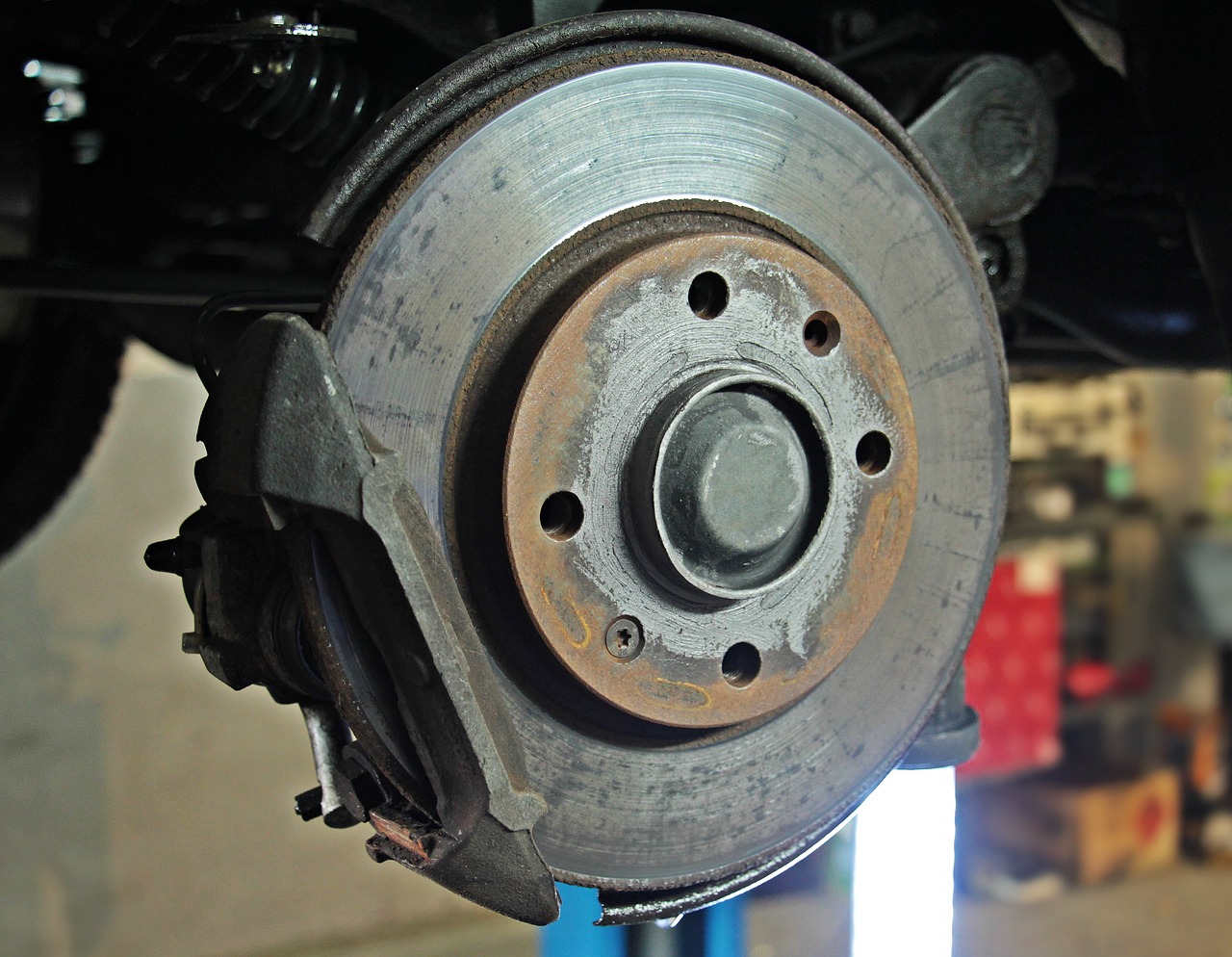Circular Supply Chains in the Automotive Industry
Circular supply chains are built on the premise of creating a closed-loop system where products and materials are reused, refurbished, or recycled to extend their lifespan. One key component of circular supply chains is product design focused on durability and ease of disassembly to facilitate the removal of parts for repair, remanufacturing, or recycling. This design approach ensures that products can be easily disassembled and components can be reused or repurposed at the end of the product’s lifecycle.
Another essential component of circular supply chains is establishing strong partnerships and collaboration with suppliers, manufacturers, and customers to ensure the efficient flow of materials and products within the loop. By working closely with all stakeholders in the supply chain, companies can optimize processes for collection, refurbishment, and redistribution of products, thereby minimizing waste and maximizing resource efficiency. Collaboration also plays a crucial role in creating incentives for customers to return used products for remanufacturing or recycling, fostering a culture of sustainability and circularity within the industry.
The Role of Remanufacturing in Automotive Sustainability
Remanufacturing plays a crucial role in enhancing automotive sustainability. By taking existing products and components and refurbishing them to like-new condition, remanufacturing significantly reduces the need for new raw materials. This process not only conserves resources but also minimizes energy consumption and greenhouse gas emissions associated with the manufacturing of new parts.
Moreover, remanufacturing helps in extending the lifecycle of automotive products, thereby reducing the amount of waste that ends up in landfills. Instead of discarding entire components, remanufacturing allows for the reuse of valuable materials, contributing to a more circular economy within the automotive industry. This not only benefits the environment but also promotes cost savings for manufacturers and consumers alike.
Remanufacturing reduces the need for new raw materials
Minimizes energy consumption and greenhouse gas emissions
Extends the lifecycle of automotive products
Reduces waste that ends up in landfills
Promotes a more circular economy within the automotive industry
Challenges Faced by Automotive Manufacturers in Implementing Circular Supply Chains
Automotive manufacturers encounter various obstacles when striving to implement circular supply chains within their operations. One significant challenge is the lack of innovative technologies and infrastructure required for remanufacturing processes. Without advanced systems and facilities in place, manufacturers may struggle to efficiently disassemble, refurbish, and reassemble components, hindering the seamless flow of resources within the circular economy. Additionally, the high initial investment costs associated with transitioning to circular supply chains pose a financial barrier for many manufacturers, especially smaller companies with limited resources. Overcoming these financial hurdles and securing funding for sustainable practices remains a key challenge for the automotive industry in adopting circularity.
What are the key components of circular supply chains in the automotive industry?
The key components of circular supply chains in the automotive industry include remanufacturing, recycling, sustainable sourcing, and product lifecycle management.
How does remanufacturing play a role in automotive sustainability?
Remanufacturing plays a crucial role in automotive sustainability by enabling the reuse of components and materials, reducing waste, and lowering carbon emissions associated with manufacturing new parts.
What are some of the challenges faced by automotive manufacturers in implementing circular supply chains?
Some of the challenges faced by automotive manufacturers in implementing circular supply chains include the high cost of remanufacturing processes, lack of standardized regulations, and the complexity of reverse logistics in collecting used components.
How can automotive manufacturers overcome the challenges of implementing circular supply chains?
Automotive manufacturers can overcome the challenges of implementing circular supply chains by investing in advanced remanufacturing technologies, collaborating with suppliers and partners, and advocating for supportive policies and incentives from governments.







